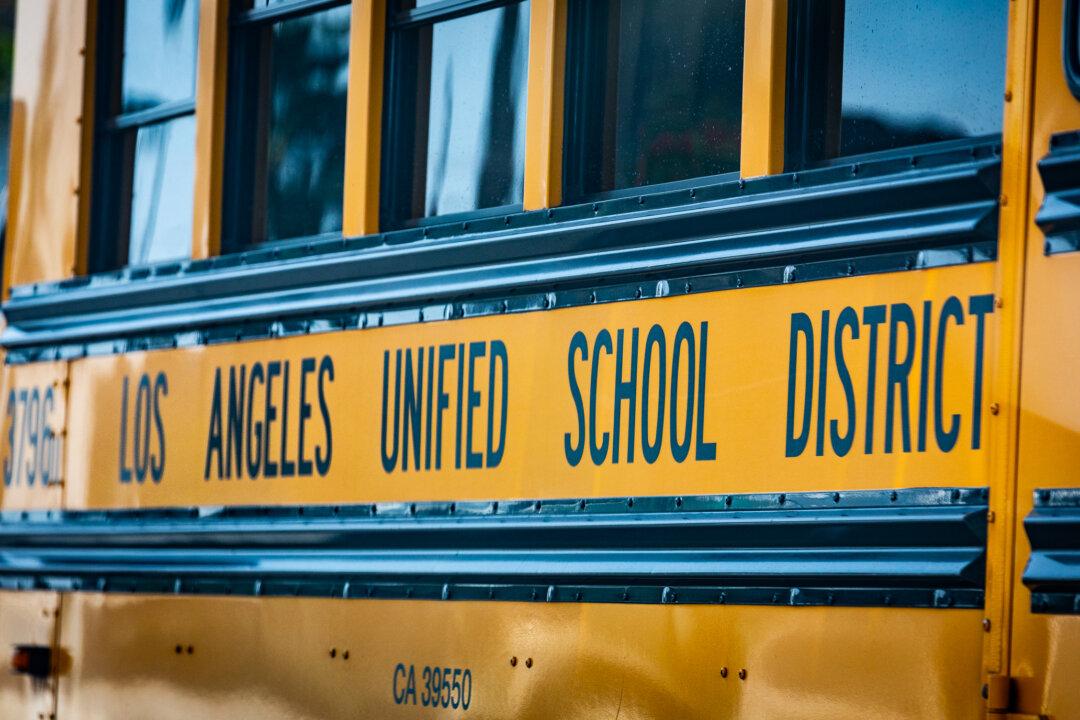Los Angeles Unified School District (LAUSD) Superintendent Alberto Carvalho is proposing an $18.5 billion budget for the upcoming school year, with $1.9 billion in targeted investments to close academic gaps.
Carvalho provided the district’s education board with an overview of the budget’s targeted investments June 14, calling the budget the “heart and fuel of our school system.”





